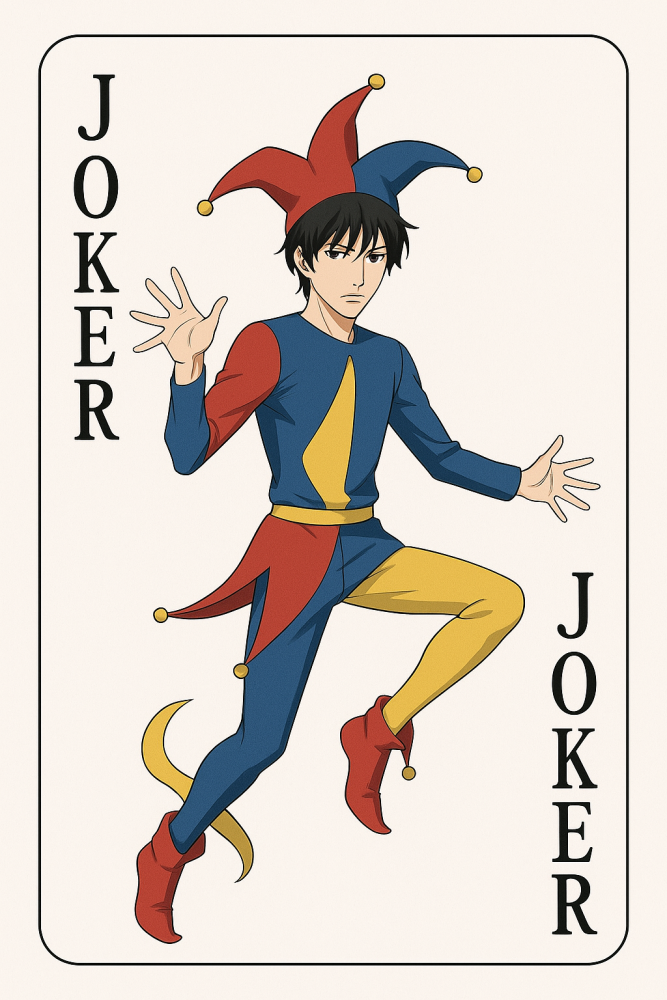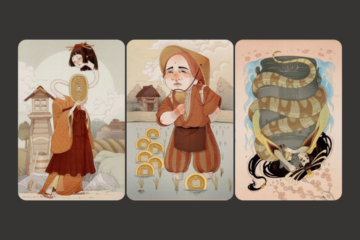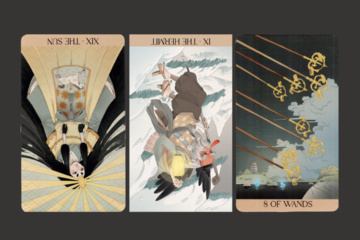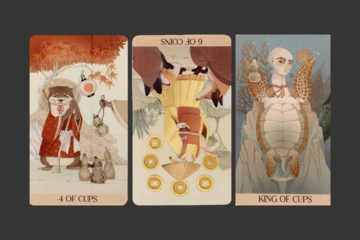Alice in Borderland Season 3 Short Review: The Joker and The Fool in Tarot
If The Fool in Tarot could take human form, he’d look a lot like The Joker in Alice in Borderland Season 3.
I’m writing this because The Joker embodies everything The Fool represents — possibilities, flexibility, surprise, and strategic gameplay.
While many fans felt Season 2 already provided the perfect conclusion, this newly renewed season continues Arisu’s journey thoughtfully. Despite Western influence, it still carries authentic Japanese storytelling and production values.

The Joker: A Symbol of Infinite Potential
The Joker is all about surprises. And Alice in Borderland Season 3 embraces that unpredictability.
The production itself experiments with this concept through its portrayal of possible futures, reminiscent of AI stable diffusion technologies.
I like Season 2’s ending, but I dislike the overly dramatic narrative structure (not to mention that tag game that’s overbearing).
I love Season 3 because of its focus on strategic gameplay rather than dramatic elements.
The games themselves showcase the Joker’s unpredictable nature, and that’s what makes us stick with Alice in Borderland.
I hated the anime-style of too much talk, but I guess that’s part of the charm.
The Joker’s Touch: Shifts and Transformations in Ann, Rei, and Usagi
Some Redditors are confused why Ann saw Banda.
To me, Ann is drifting — floating between consciousness and control.
It is her choice, perhaps her weakness, but also her strength.
Usagi, meanwhile, steps into vulnerability this season — a striking contrast to her earlier independence. Her growing dependence on Arisu felt disappointing at first, but it revealed something deeper: trust as a form of courage. Like The Fool, she learns to take the leap, even without certainty of where she’ll land.
Rei’s arc, too, intrigued me. While some dismissed her as simply “flipping sides,” I appreciated how the writers humanized her. Being badass doesn’t mean being invulnerable.
Life’s playing a joke on us.
Season 3 also tactfully addresses difficult themes like suicide without romanticizing it. I survived the loss of someone to suicide, and I strongly think that discussing suicide openly should be normalized.
While welfare policy has significantly addressed suicides in Japan, Japan still has a relatively high suicide rate.
I appreciate how Alice in Borderland writers addressed suicide and assisted suicide presenting it as the complex (if not the lone) choice for people who feel they don’t really have a choice.
It’s thoughtful, unsettling, and real.
Arisu and The Joker’s Connection
I see two possible interpretations of Arisu’s win:
- Bushido and sacrifice: The win could be honoring Japanese cultural principles like Bushido – emphasizing loyalty, honor and self-sacrifice for the greater good. The concept of “noble sacrifice” (犠牲, gisei) appears frequently in Japanese storytelling.
- Joker’s wildplay: Alternatively, the entire game might have been specifically designed for Arisu. While Banda claimed he simply wanted entertainment, he too may just be another pawn in this elaborate system.
It’s worth noting that neither Banda nor the mysterious man with the hat truly represents the Joker in its purest form. The Joker is the system itself – flexible but ultimately just the Fool, without true power over justice.
The Tarot Connection: Joker as The Fool
In Tarot, The Fool (card 0) represents new beginnings and infinite potential – exactly what we see throughout Season 3:
- Infinite potential: As the zero card in tarot, it contains all possibilities before they manifest. Next to The Fool card is the Magician where you start planning for manifestation. Zero may mean nothing, but it is just the beginning of the hero’s journey. All of the heroes in Season 3 embody this unlimited potential through the multiple futures and choices presented.
- Unpredictability and surprise: The Fool doesn’t follow conventional paths – he creates new ones, often surprising those around him with unexpected choices.
- Fate vs. free will: The Fool’s core message is about choice. While The Fool may appear naive, he ultimately exercises the freedom to choose his own path, regardless of societal expectations.
- The Beginning and the end: The Fool transcends linear thinking, representing cyclical journeys and the paradox of being both the beginning and end of the Tarot’s Major Arcana.
- Between worlds: All of them embodied The Joker, existing between realities – much like The Fool standing at the cliff’s edge between known and unknown. Before the film closes, Arisu would be on that cliff before he made that final choice.
Redemption is manifested not only by fate, but by free will too.
In many ways, Season 3’s exploration of choice, multiple realities, and the blurred lines between fate and free will embodies the essence of The Fool’s journey – stepping boldly into uncertainty with openness to whatever may come.
And in the end, redemption is manifested not only by fate but by free will too.
Alice in Borderland Season 3 is not meant to be interpreted in a simple, linear way—I think that’s just how the Joker works.
—
How about you? What do you think of this new season?



0 Comments